Export - Import Operations
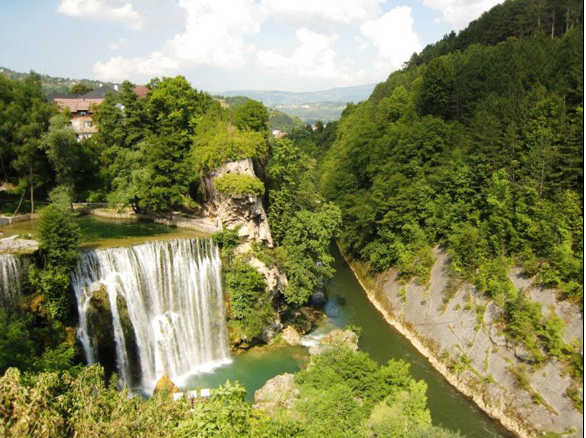

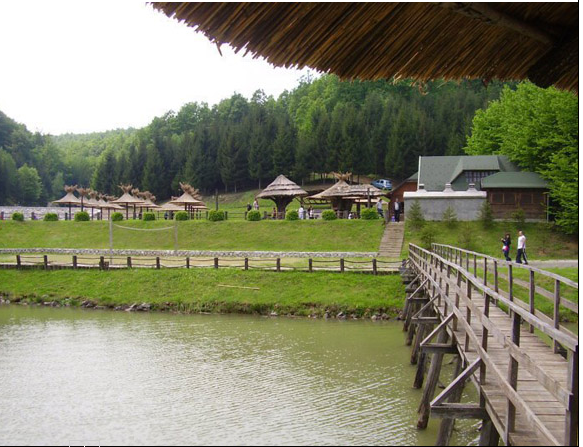


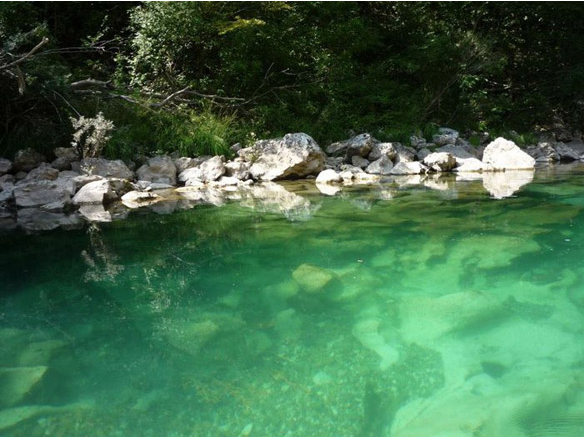
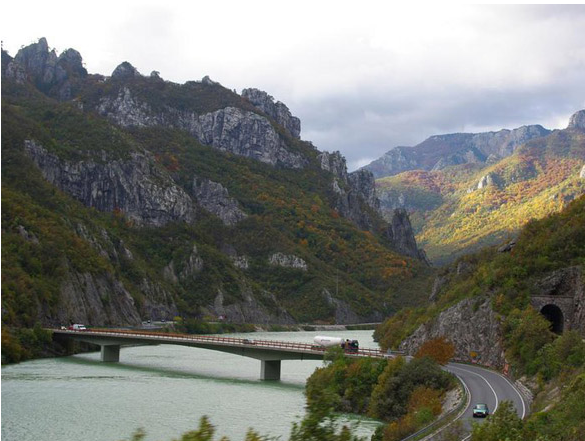
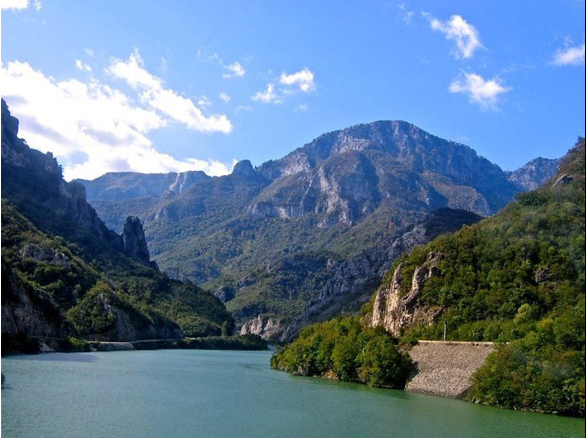

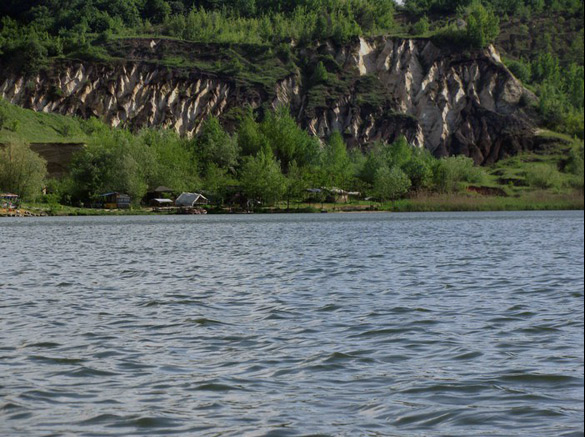

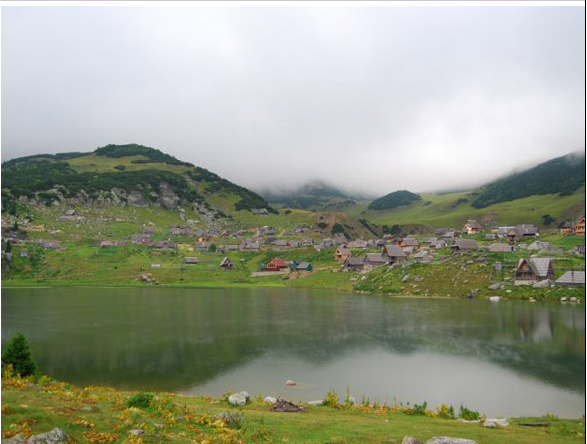
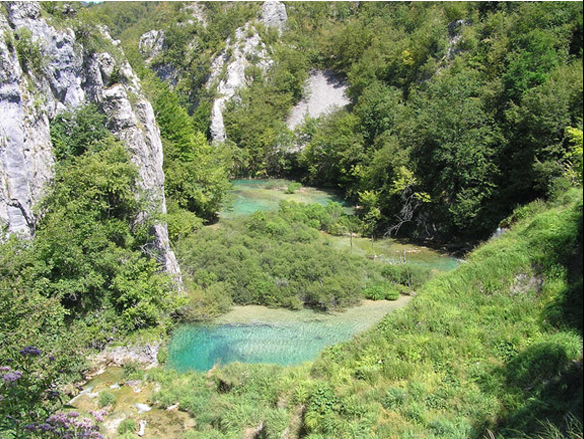

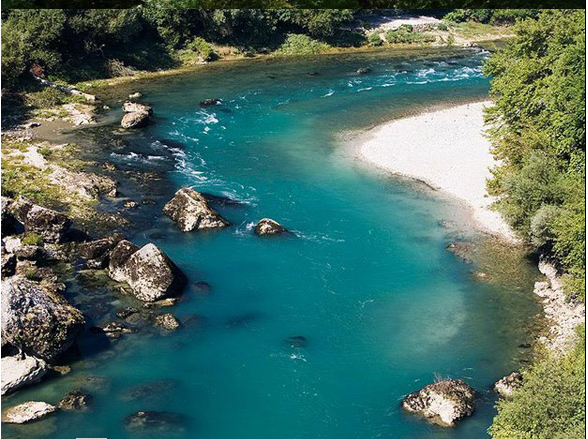
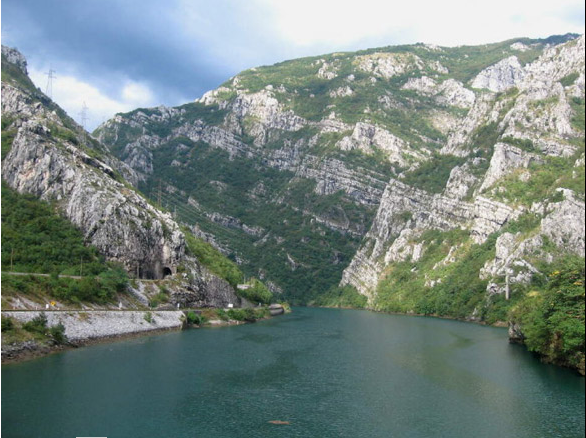
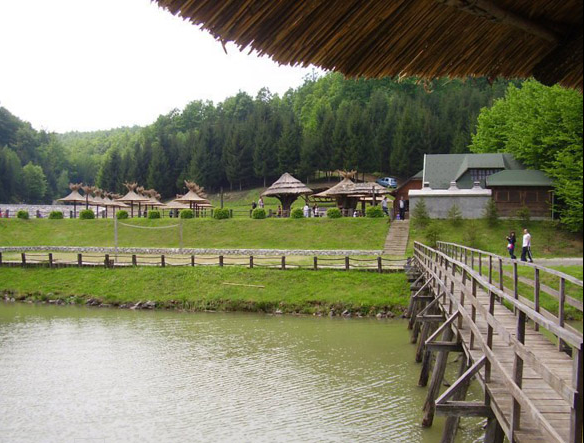


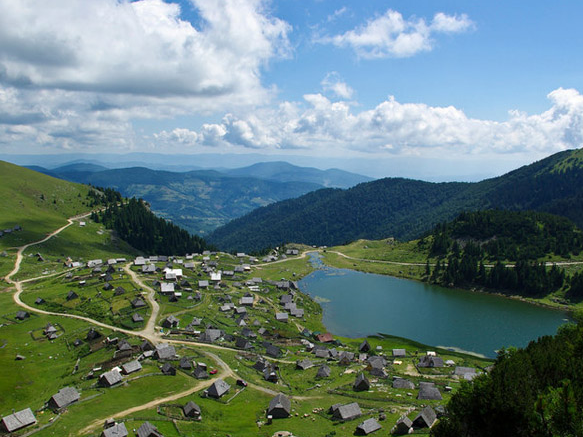
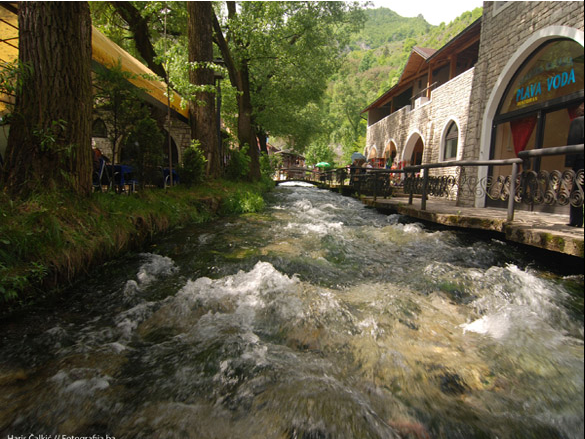
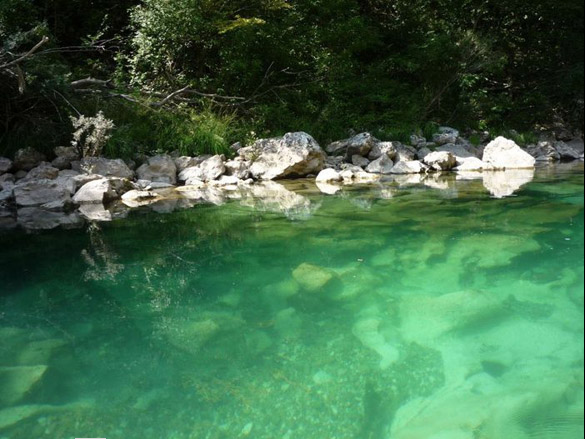
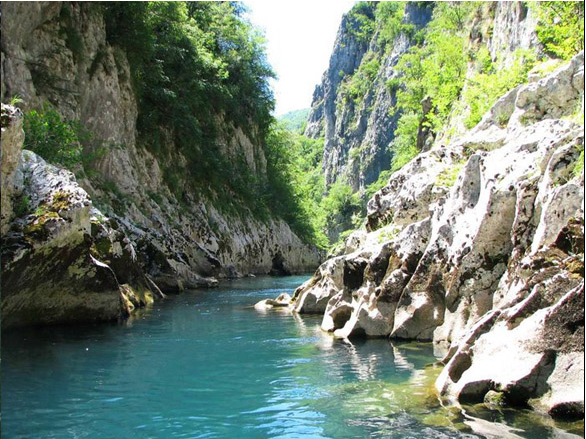
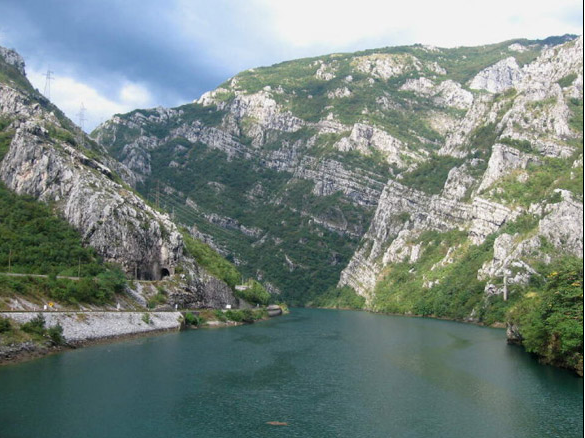
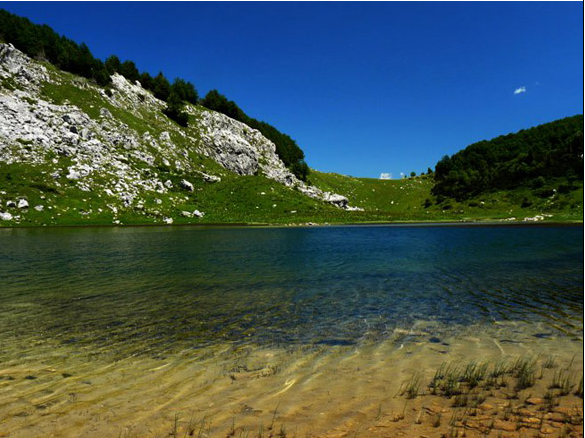
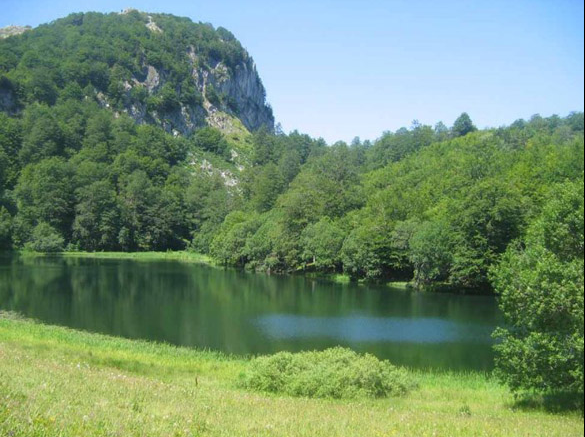
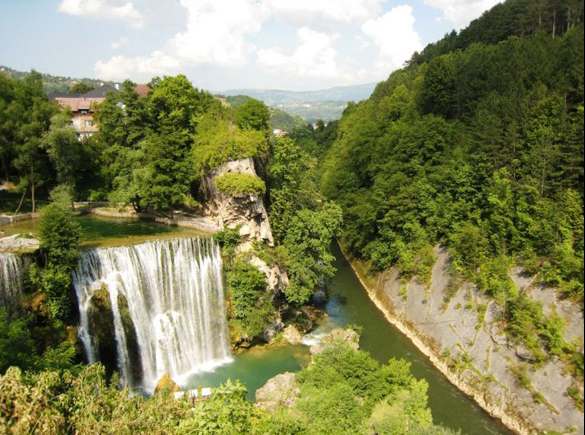
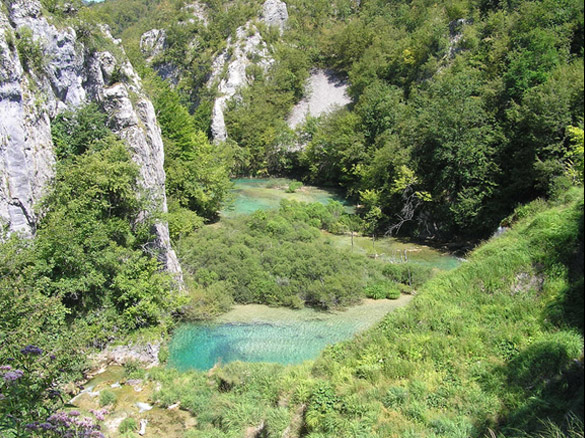

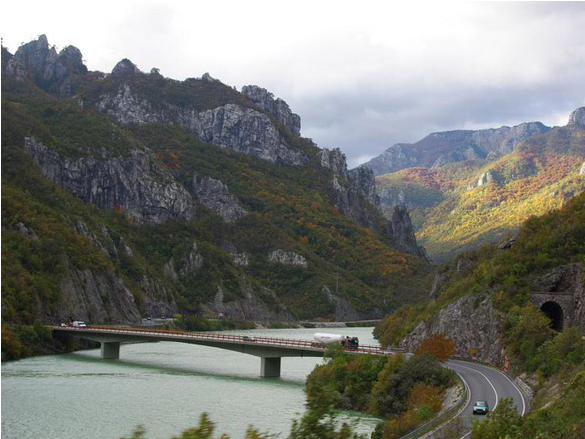
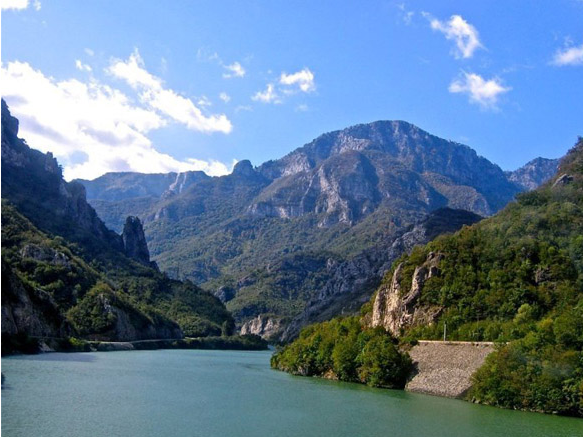

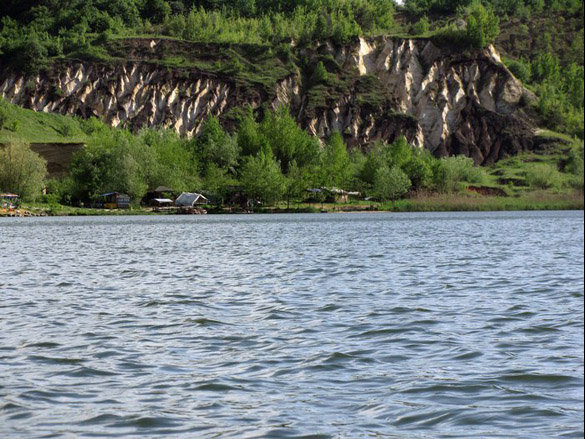
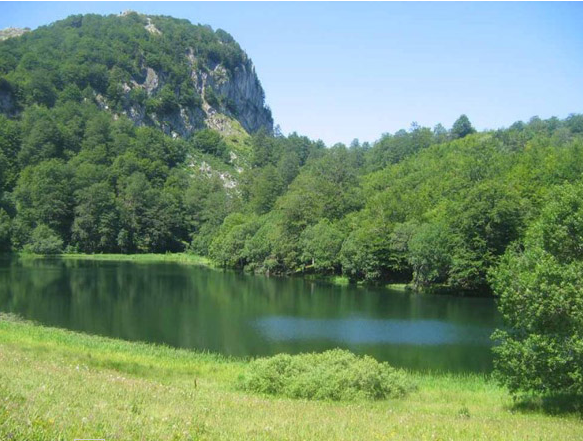



Export import matters in Bosnia and Herzegovina are regulated by the Law on Foreign Trade Policy of Bosnia and Herzegovina. This Law regulates the basic elements of the system for export and import of goods and services and determines general and special conditions for the performance of economic activities abroad and for the performance of economic activities by foreign natural or legal persons in the state of Bosnia and Herzegovina. For the purpose of international trade, the movement of goods and services is free. The export and import of goods is free of any quantitative restriction or of any measure of equivalent effect. This does not preclude prohibitions or restrictions on international trade of goods justified on grounds of publicity, public morality, public policy or public security, the protection of health and life of humans, animals or plants, the protection of national treasures possessing artistic, historical or archaeological value, or the protection of industrial commercial property or to eliminate drugs and waste materials.
The movement of goods representing a capital investment by a foreign legal person or an increase of a capital investment, other than goods whose import is subject to special restrictions, is free if in accordance with the legal transaction on which the foreign investment is based. Services can be freely provided within the territory of Bosnia and Herzegovina. Council of Ministers may, to the extent consistent with trade agreements to which Bosnia and Herzegovina and/or Entities is party, prescribe that the internal trade of specific services can be carried out subject to specified conditions.
Customs Policy Law of Bosnia and Herzegovina regulates import and export customs issues. Import customs rates are harmonized with the EU Nomenclature. Depending on the type of products, customs rates are being reduced to 90%, 75% or 50% of the previous rate, while customs rates are completely eliminated for some products. The reduction of customs rates is valid only for goods originating from the EU, not all the goods being imported from EU. Customs protection is still provided for agricultural products for which customs rates will mostly be paid as previously.
Under the provisions of the Customs Policy Law, the following goods are exempt from custom duties: equipment being imported as a part of foreign investment, except for passenger cars, slot and gambling machines; equipment for military and police forces of the Entities financed entirely by donors; equipment for reconstruction projects in Bosnia and Herzegovina that have been approved by the Council of Ministers and are fully financed by donors or by international community.
The equipment that makes part of a foreign investment cannot be lent, pledged as a guarantee, rented or given up without previous consent of the customs administration. If such equipment is lent, pledged as a guarantee, rented or given up, corresponding customs duty would have to be paid on it.
The following items are also exempt from import duties: fixed assets, industrial inventory and equipment imported on the basis of transfer of business activities from abroad to Bosnia and Herzegovina, intermediate materials to be used for manufacturing of goods for export, advertising material, samples, catalogues, goods for charity and humanitarian agencies, etc.
Incentives and exemptions from payment of custom duties when putting the goods in free circulation are determined and granted by the Council of Ministers of Bosnia and Herzegovina. All goods that may be exempt from payment of customs duties are stated in the Annex 4 to the on Customs Policy Law.
Equipment imported as foreign investment shall not be older than 10 years. A certificate issued by the authorized body needs to be provided, confirming that the equipment meets necessary standards on environmental protection and protection at work.
Bosnia and Herzegovina’s major foreign trade partners are:
Croatia, Germany, Serbia, Italy, Slovenia, Russian Federation, Austria, China, Hungary, USA, Turkey, France, Montenegro, Czech Republic and Poland.
Bosnia and Herzegovina signed the Central European Free Trade Agreement (CEFTA) with the following countries: Albania, Serbia, Moldova, Montenegro, Croatia, Macedonia, UNMIK/Kosovo.
Bosnia and Herzegovina has also signed a Free Trade Agreement with Turkey.
The Interim Agreement on Trade and Trade-related matters (IA) between EU and Bosnia and Herzegovina entered into force on 1 July 2008, and it will be in force until the ratification process of Stabilization and Association Agreement (SAA), is finalized by the all the EU members states and EU institutions.
The IA effectively creates a free trade area, with progressive opening of the market of Bosnia and Herzegovina facilitating economic and social development.
Bosnia and Herzegovina has profited from EU autonomous trade measures since 2000. Following the entry into force of the Interim Agreement, access of products from Bosnia and Herzegovina to the EU expanded, and EU exports to the country have been granted trade preferences.
Bosnia and Herzegovina also has generalized system of preferences with USA, New Zealand, Switzerland, Norway, and Japan.
Furthermore, Bosnia and Herzegovina has preferential export regime with Iran.
1


















































.png)

.png)
.png)
.jpg)
